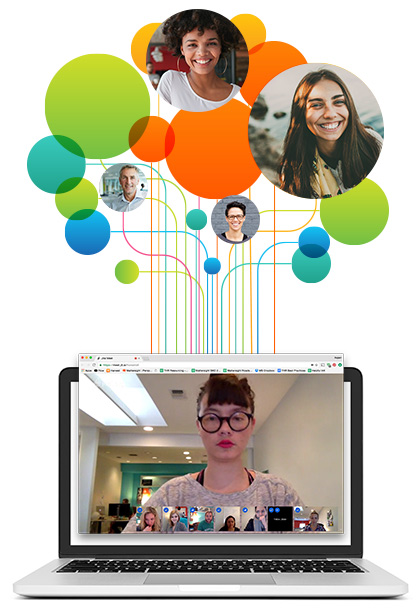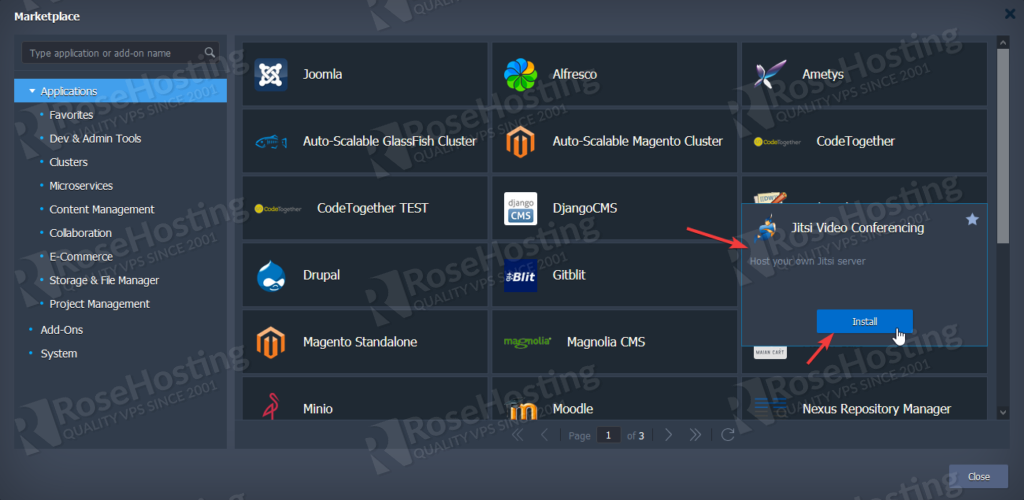

is full open source video conferencing software with both the option to use their online version on or to host your own instance. Fortunately, there is a nice open source alternative that is freely available to students, staff and companies. We are however not only here to highlight problems, but also to offer solutions. The situation surrounding Zoom is so far-reaching that Leiden University has even banned its use completely. Input Magazine also discussed the disturbing situation surrounding Zoom. In two articles, describes how Zoom not only has major security problems that allow people unwanted access to the webcam, but also that it spies on all participants in a conversation and reports to the organiser of the meeting which window the participants are currently viewing. In addition to the fact that Zoom’s privacy policy is worded in a very strange way when it comes to whether or not they sell your personal data, an investigation by Vice recently discovered that Zoom’s iOS app sends personal information to Facebook (even if you don’t have a Facebook account). Unfortunately, more and more problems have recently come to light. Zoom is available for Windows, macOS and Linux, which we think is very important. Many professors and assistants therefore switched to Zoom.

In addition, a number of students also mentioned audio and video lag which of course makes conversations less smooth. We heard from many students that there is no Linux version of Skype for Business available and that the version for macOS crashes quite frequently. However, there are unfortunately some issues of availability with Skype for Business.
#JITSI PRIVACY LICENSE#
We understand, of course, that KU Leuven prefers to use closed-source solutions from Microsoft they already license (even though we regret that decision). The KU Leuven and some other educational institutions have opted for Skype for Business. At the same time, we are also slightly concerned about the consequences of choosing certain software solutions.

As an IT organisation, we naturally welcome this innovation. As a consequence of the measures taken against COVID-19, all kinds of software are now being used to help with presentations, lectures, discussions and collaboration, both for working from home and for online classes at universities and colleges. We don’t just try to encourage the use of open source software, but also strive to ensure that all software respects users’ privacy and that it’s available to all users. Je kan die versie hier vinden.Īt ULYSSIS we think ethical software is very important. Dit artikel is ook beschikbaar in het Nederlands voor studenten en personeelsleden die Engels minder goed beheersen.


 0 kommentar(er)
0 kommentar(er)
